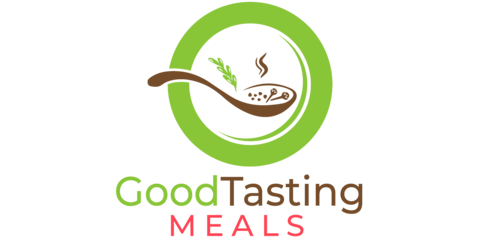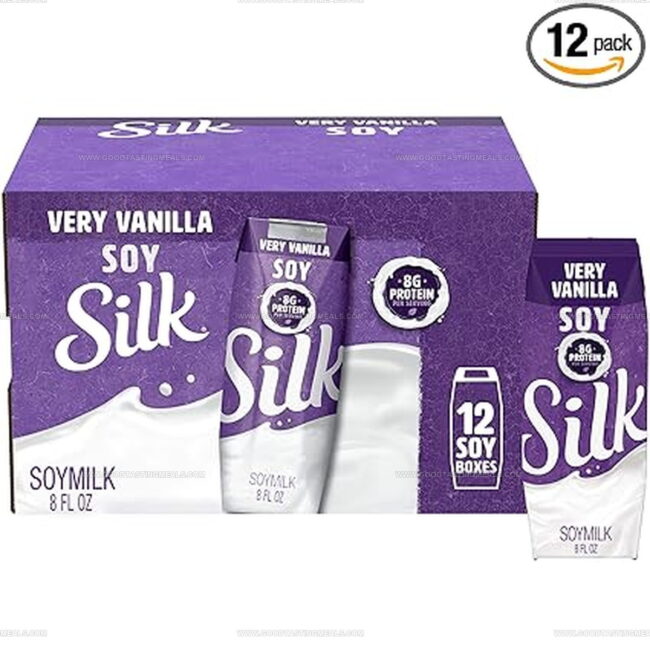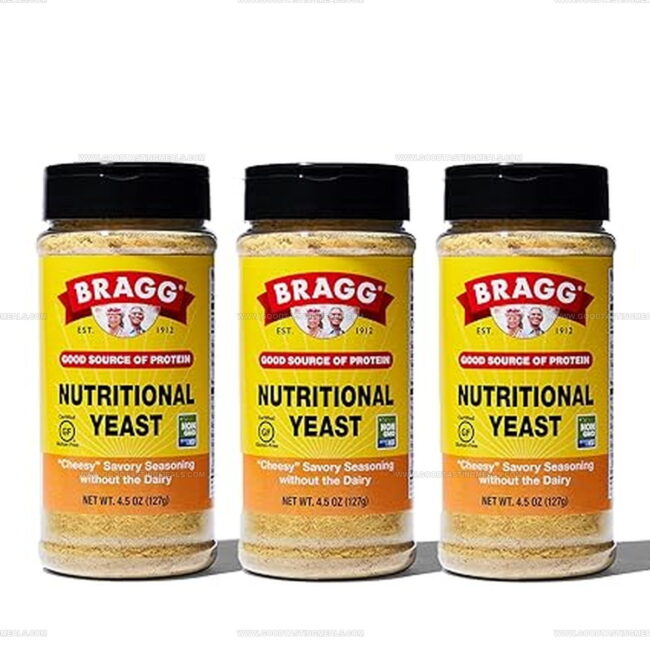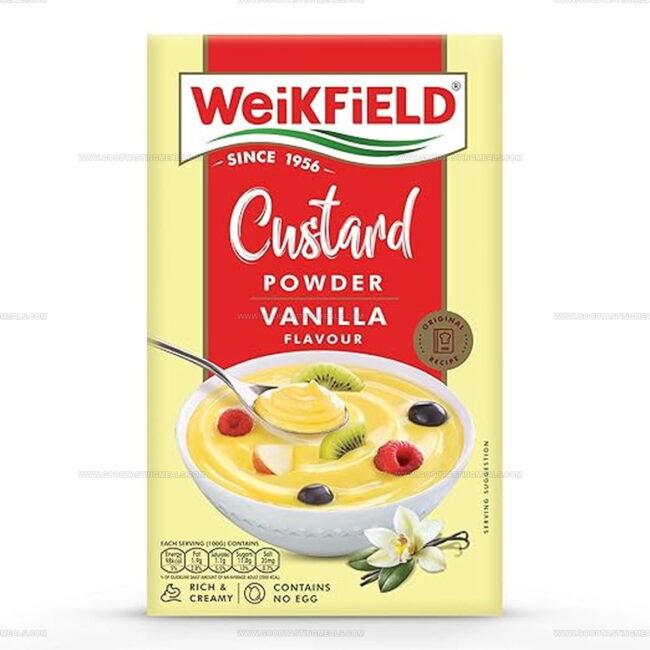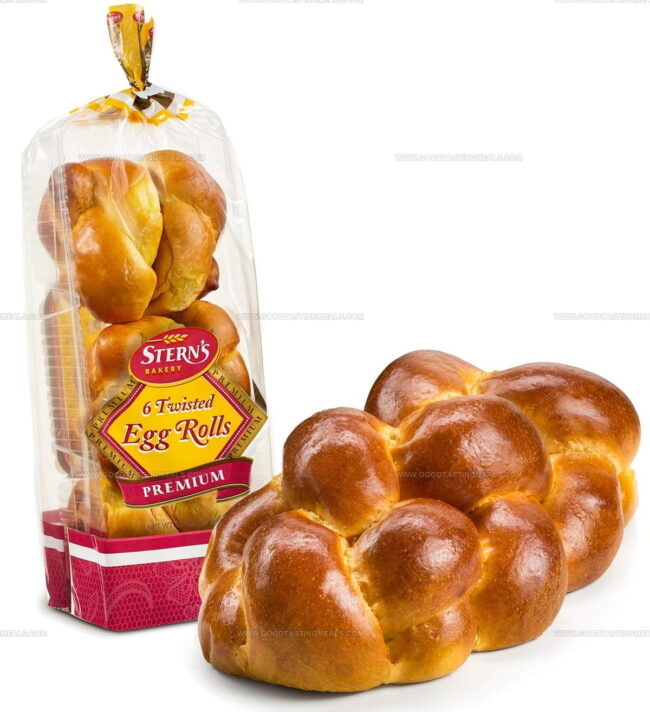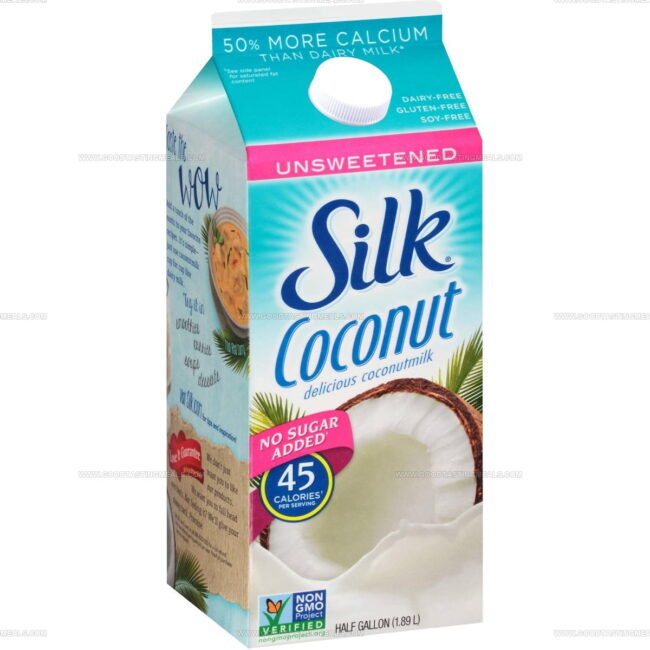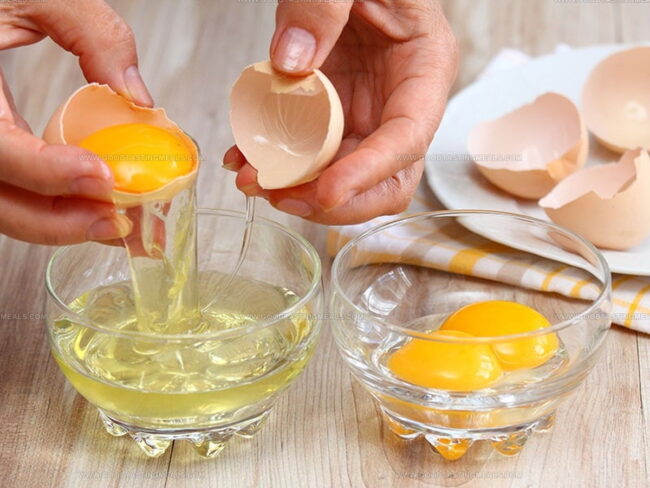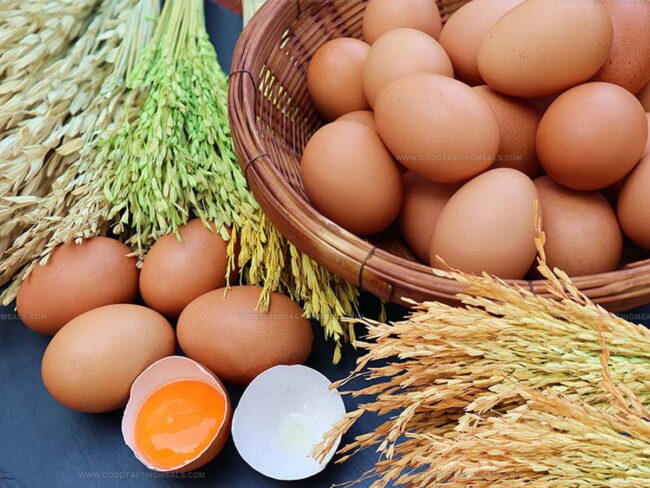5 Egg-Free Options That Work in French Toast
Egg substitute for French toast opens up a whole new world of breakfast possibilities for anyone avoiding traditional ingredients.
Challenges often arise when dietary restrictions or personal preferences limit morning meal options.
Plant-based alternatives have revolutionized the way we approach this classic breakfast dish, making it accessible to everyone at the table.
The right replacement can still deliver that perfect golden-brown exterior and soft, custardy center that makes French toast so beloved.
With advances in food science, these modern substitutions often mimic the binding and enriching properties of eggs remarkably well.
Some alternatives might even add unexpected flavor dimensions to this breakfast staple.
The best part? You can enjoy this comforting breakfast favorite without compromising on taste or texture - just wait until you see how simple these swaps really are.
Egg Replacements in French Toast
Eggs being out for French toast doesn’t require cancelling breakfast, since another option can step in and hold everything together as intended. This keeps your morning preparation running without interruption.
Soy Milk
Soy milk is an excellent replacement for eggs in various recipes due to its thicker consistency compared to rice or almond milk, making it perfect for dishes like French toast.
The thickeners in soy milk help mimic milk's volume while extending its shelf life, a useful quality for home cooks.
Many recipes allow for a simple 1:1 substitution of soy milk for regular milk when eggs are called for, saving time and effort.
Butter can easily take the place of oil in most cooking scenarios, offering a richer flavor profile.
After dipping bread slices in your egg mixture, they're ready to go straight into the pan for a delicious golden-brown finish.
Nutritional Yeast
Nutritional yeast offers a delicious cheese-like flavor that can transform ordinary dishes into something special without dairy.
Many health experts recommend this deactivated yeast for its impressive nutritional profile, particularly its high vitamin B12 content; just one tablespoon provides nearly six times your daily requirement, supporting brain function and immune health.
You can sprinkle this versatile ingredient on breakfast foods, roasted vegetables, popcorn, or cauliflower for an instant flavor boost.
The cheesy taste makes nutritional yeast an excellent substitute in numerous recipes where you'd typically use cheese.
Custard Powder
Substitution allows home cooks to swap ingredients in recipes without sacrificing flavor or texture, especially helpful when you're missing something or have dietary restrictions.
Milk alternatives like almond or oat milk work wonderfully in most baking recipes while providing different nutritional benefits.
When making eggless french toast, simply mixing custard powder with milk creates a delicious dipping mixture that mimics the traditional egg base perfectly.
Cooks around the world have been adapting recipes for centuries, proving that creativity in the kitchen often leads to unexpected delights.
For the best results when substituting, understanding the original ingredient's purpose helps you choose appropriate replacements that maintain the dish's integrity.
Brioche Or Challah Bread
Substituting brioche or challah bread for regular bread elevates French toast with their rich, eggy textures that absorb custard beautifully.
These specialty breads, with their slightly sweet profiles and sturdy structures, won't fall apart even after extended soaking time; making them perfect for breakfast preparations.
Brioche contains generous amounts of butter for a more decadent result, while challah offers a similar experience but with less sweetness and a distinctive braided appearance that creates more surface area for caramelization.
Many restaurants specifically use these breids to create standout French toast dishes that develop a perfectly crisp exterior while maintaining a custardy center.
Coconut Milk
Dairy-free French toast is surprisingly easy to make by swapping regular milk with thick, creamy canned coconut milk.
This simple substitution creates a delicious breakfast treat with a subtle coconut flavor that many people absolutely love.
The process remains familiar - just thicken your coconut milk with cornstarch or flour as you normally would with traditional recipes.
For those avoiding dairy or following a vegan lifestyle, coconut milk offers a perfect alternative that maintains the classic French toast experience.
Making this switch requires no special equipment or hard-to-find ingredients, just a simple pantry staple that transforms an ordinary breakfast into something special.
When Not to Use Egg Alternatives
Egg alternatives are useful in many recipes, but there are some situations where real eggs make all the difference and should not be replaced if you want the best texture, taste, or results:
Classic Meringues
Traditional meringues, macarons, and angel food cakes rely on real egg whites for stiff peaks and airy structure. Alternatives often lack the necessary protein structure.
Custards and Flans
Recipes like crème brûlée, flan, or pots de crème depend on eggs for silky smooth texture and gentle set, substitutes may lead to grainy or runny results.
Some Baked Goods
Light, sponge-like cakes and soufflés depend on eggs for leavening and structure, so swaps can make baked goods flat or dense.
Homemade Pasta or Noodles
Egg pasta gets its flavor, color, and elasticity from whole eggs, substitutes can change dough texture and cooking performance.
Mayonnaise and Hollandaise
Classic emulsified sauces rely on egg yolks for their creamy body and thick consistency, and alternatives may separate or taste different.
Egg-Based Drinks
Drinks like eggnog or certain cocktails require real eggs for the right mouthfeel and richness; substitutes typically fall short.
Tips for Crispy and Custardy Egg-Free French Toast
Making French toast without eggs is easy and still gives you that perfect mix of crispy outside and soft, custardy center with a few clever tweaks.
Your Top Questions About Egg-Free French Toast
1. What can I use instead of eggs in French toast?
You can use mashed banana, applesauce, ground flaxseed mixed with water, cornstarch slurry, or commercial egg replacers to make French toast without eggs.
2. Will egg-free French toast taste different?
The flavor and texture may be a bit different, but using plant-based milk, vanilla, cinnamon, and your favorite bread will still create a delicious breakfast.
3. Can I make vegan French toast without eggs and dairy?
Yes, use non-dairy milk and an egg substitute like flaxseed meal or mashed banana for a vegan-friendly version.
4. How do I get a crispy crust on egg-free French toast?
Soak the bread well in your batter and cook in a hot, greased pan. You can use vegan butter or a little oil for crispier edges.
5. What kind of bread works best for egg-free French toast?
Thick, sturdy slices like sourdough, French bread, or Texas toast hold up best and absorb the batter without falling apart.
6. Can I freeze egg-free French toast?
Yes, cook and cool slices, then freeze between parchment layers. Reheat in a toaster or oven for a quick breakfast.
